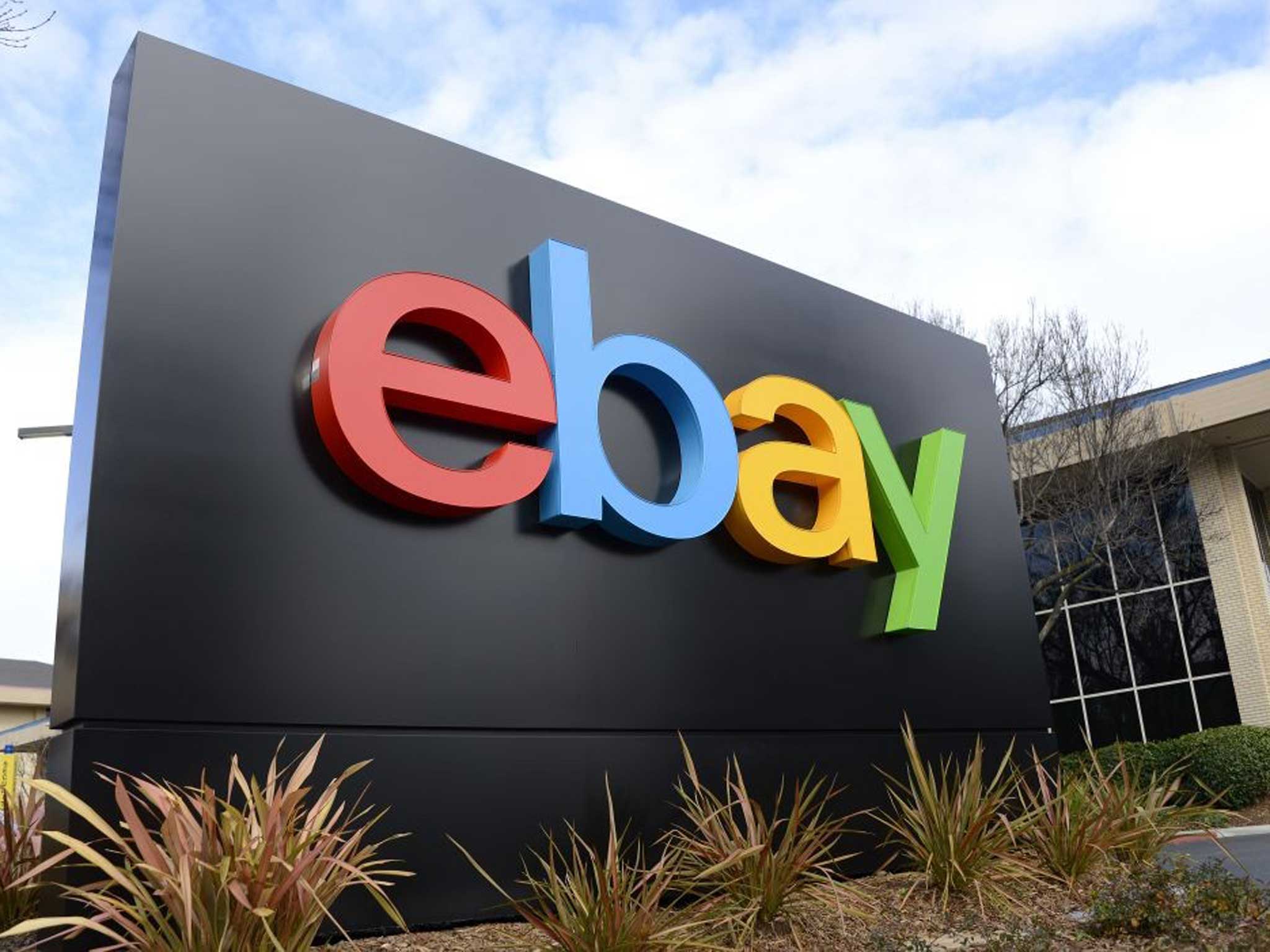Police buy eBay data to target criminals
New snooping software is helping forces all over the country to unmask gangs selling stolen property on the internet

Police forces are paying private sector companies tens of thousands of pounds for databases of detailed personal information that exposes the anonymity of sellers conducting criminal auctions on eBay.
The software that processes the information has been used to identify benefit cheats and organised criminal gangs which have hidden behind anonymous user names to sell stolen goods. It has already helped police break up a gang stealing high-end luxury cars and contributed to a major swoop on sellers of stolen mobile phones, one of the fastest growing crimes in London over the past year.
The Metropolitan Police spent £33,645 in May and June on software that can provide names, postcodes and a 90-day history of completed sales that is not publicly available to normal buyers.
The software – known as eCops –has also been used by the Department for Work and Pensions in Scotland to track down people claiming benefits while conducting a trading business on eBay, according to the former detective behind the venture. "Even if every street could be filled with police, they could not look behind the curtains for stolen goods," according to eCops marketing.
"People who are selling on eBay feel they are anonymous because they're hiding behind a user identity," said the founder of eCops, John Needham, who was a detective for 30 years and a former eBay security executive. "When you're on eBay, you don't know where people are. But I would know if somebody put something on eBay after they burgled their next-door neighbour."
Some of the data is handed out for free by eBay to market research companies or other sales websites because it drives traffic to the world's biggest online marketplace.
The company has its own processes to supply law enforcement with information such as phone numbers, computer IP addresses, and data on sellers' financial history. In its privacy statement, eBay says it will provide information to law enforcement "in response to a verified request relating to a criminal investigation or alleged illegal activity". However, eCops provides information far faster and more comprehensively, Mr Needham says.
He was involved in an operation in which five people convicted over a racket stealing high-end cars from isolated railway station car parks, which were then broken up and sold on eBay.
The gang, coordinated by a career criminal based in Maidstone, Kent, used a recovery truck to brazenly collect the cars and took them to a barn where they were broken up and sold as parts. Police estimated the leader of the gang made more than £1.5m from the theft and sale of up to 70 cars.
Detective Sergeant Denis Stonestreet, who led the operation for British Transport Police (BTP), said the mastermind, David Jones, was "using some weird and wonderful names which ultimately came back to him. His personal eBay accounts were shut down, but he reopened business by using his sister's [accounts]." Jones was jailed, and police recovered £220,000 at a confiscation hearing.
The technology is also being promoted as a low-cost alternative to patrolling as forces across the country face swingeing cuts in their budgets and falling staffing levels. Four police forces – BTP, Scotland Yard, Northamptonshire and Avon and Somerset – currently use the software, said Mr Needham.
Police in London last week arrested 561 people and seized more than 1,000 stolen phones in a series of dawn raids. A surge in mobile phone theft in London has driven up the rate of personal theft by 12 per cent in the year ending June 2013, a rise reflected across the country, according to Scotland Yard.
The Metropolitan Police's specialist mobile phone unit uses eCops to investigate sales on eBay. Commander Stephen Watson said: "By targeting those people responsible, plus the networks they use to sell on stolen property or trade for drugs, we aim to make our streets a hostile place for them to operate."
